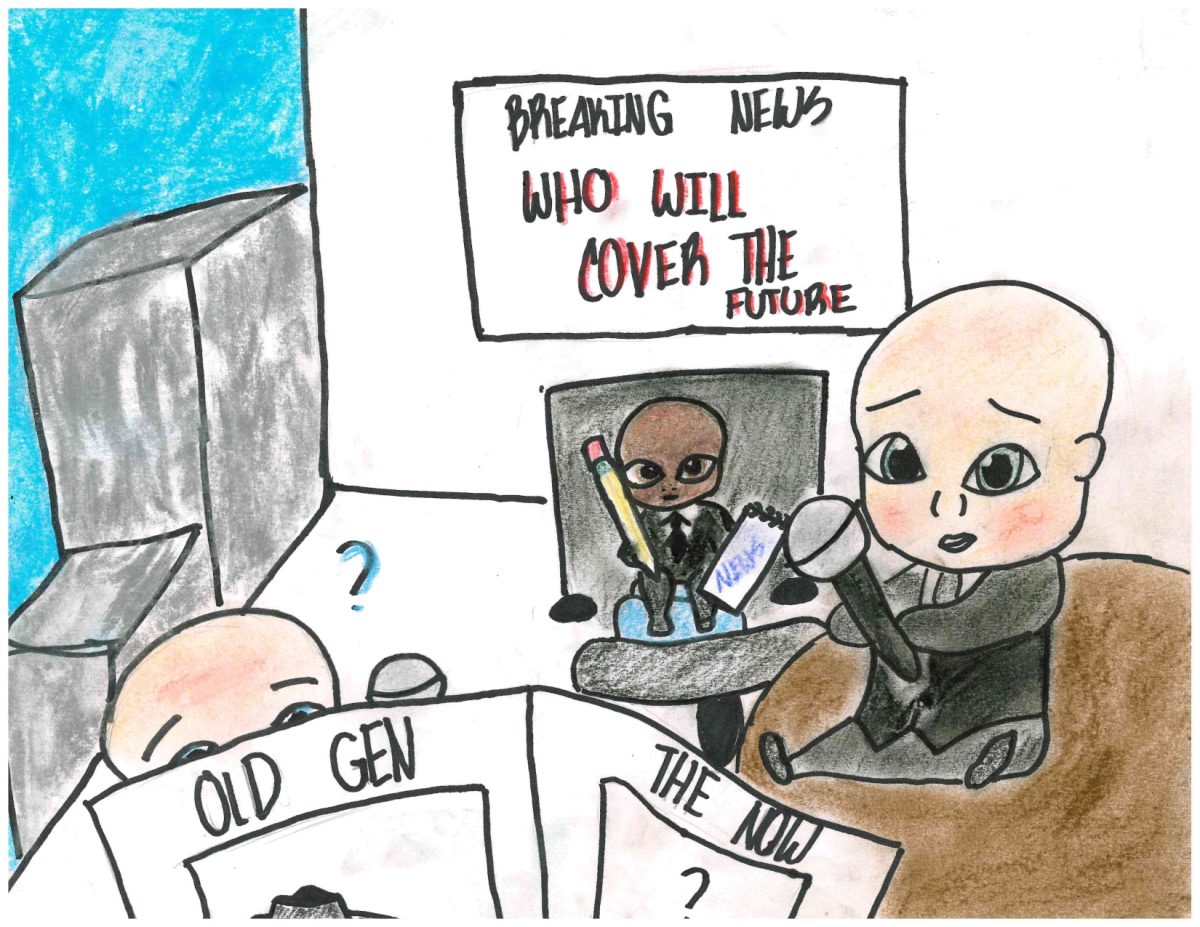As sports become more demanding, athletes lose interest partially because of the uncontrollable problems they encounter and aren’t fixable, but mainly due to problems that can be controlled but aren’t.
If the controllables can be controlled and fixed, the relationship between an athlete and their sport may be rekindled. This starts with fixing the coaching.
As per Coach in a Medium article, camaraderie and “team chemistry” can build great teams.
“Take the time to get to know the individual players on your team,” Coach said. “As coach, you determine how your team develops.”
Melissa Lambert from Athletes Acceleration shares a similar outlook. She believes coaches today are too focused on “recruiting” and giving the most athletically inclined athletes playing time.
“Each athlete brings a variety of strengths that can benefit the group as a whole,” Lambert said. “Some of the most enthusiastic and hard workers are not always the most athletic, but know how to keep the energy up.”
Other teammates might be more self-disciplined and challenge the team to hold each other accountable.
According to League Network, the primary goal of coaches should be to promote teamwork within their team.
“The mutual trust and friendship that your young athletes develop while playing sports will give them memories to last a lifetime,” League Network said.
Similarly, Kids’ Sports Psychology agrees that over-correction by coaches who “pick apart kids’ technique” can cause them to lose enjoyment of the game.
“It’s important for coaches and parents to understand that mistakes are inevitable,” Kids’ Sports Psychology said. “There’s no such thing as a perfect performance. Kids are human too and they will learn from their mistakes.”
For FasterCapital, it feels that even through times of setbacks, the bond athletes have can keep the team together.
“Sports, like life, are not always smooth sailing,” FasterCapital said. “Camaraderie plays a vital role in helping athletes navigate these difficult times.”
As a coach, the goal is to motivate your team on and off the field. You want to build a support system for the players. Playing favorites and caring more about a win than the athletes can ruin the game for everyone.
When coaches become too invested in the game and act like they bet their life savings on their team’s success, athletes debate whether to continue with the sport.
From a high school perspective, when coaches get worked up and explosive over a few small mistakes, that’s the point of no return. The fun has been ruined, and a single smile will set them off because “how can you be happy at a time like this?”
To the athletes, it’s childish. Why is a full-grown adult throwing a fit over a high school game that ultimately doesn’t matter all that much in the grand scheme of things? They’re allowed to care, but clearly, they’ve taken it to another level.
This type of environment pressures athletes to be perfectionists, to the point that when they mess up even the slightest, they blame themselves too harshly because that’s how their coach treats them.
It’s important to care about how you play, but not to the point where you don’t think you’re good enough.
On the other hand, in circumstances like these, while some players become too critical of themselves, others become too carefree and don’t put enough effort into their playing. They don’t want to discuss their situation with their coach, so they tune it all out and pretend everything is okay.
It can be beneficial to “block out the haters,” but not to the point where you don’t even consider other people’s constructive criticism and you hold yourself back from your potential.
Annie Tumang’s North Star News article explains that a relationship between teammates and coaches is necessary.
“What happens when you lose your love for the sport because of something as simple as your coaching staff?” Tumang said. “A genuine relationship and respect between you and your coach is needed when trying to have success.”
As per The Blotter’s Mackenzie Kraft, when coaches get too immersed in the game, they take their coaching too far.
“Some coaches are too hard on their athletes,” Kraft said, “that they yell and scream at them for making a small mistake. Coaching is a privilege and when a coach takes advantage of that privilege it can get nasty.”
Athletes, especially young ones, shouldn’t be subjected to verbal abuse by an adult they spend a lot of time with and look to for proper social etiquette and how to behave.
This behavior goes way beyond tipping the scale; it runs the scale over with a semi-truck.
As a coach, this isn’t to say you have to be the next Ted Lasso; just do your part. Do your job for your players. Be there for them and be competitive, but remember that a game is just a game.








